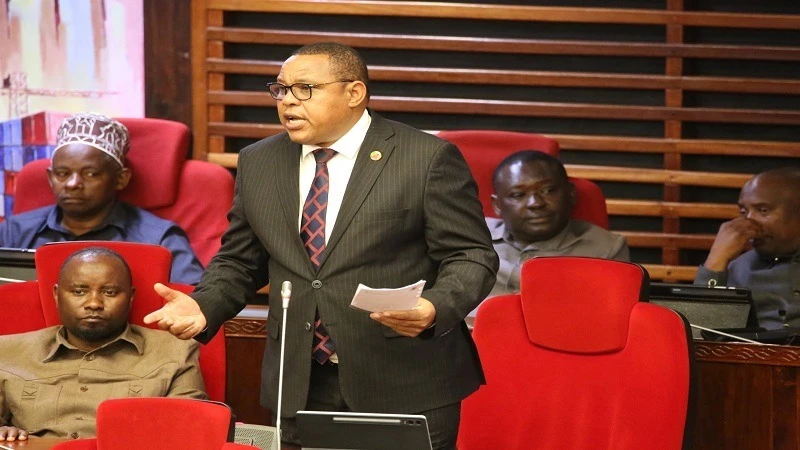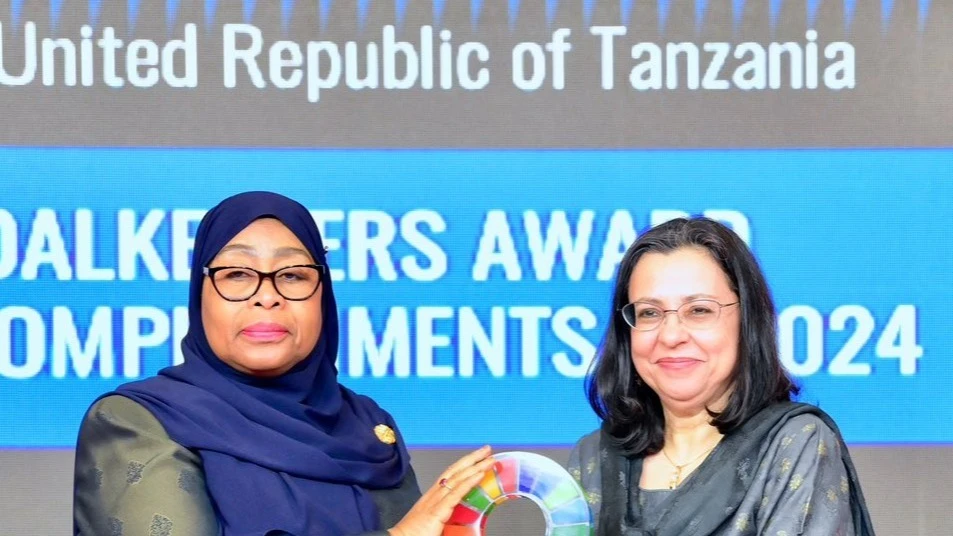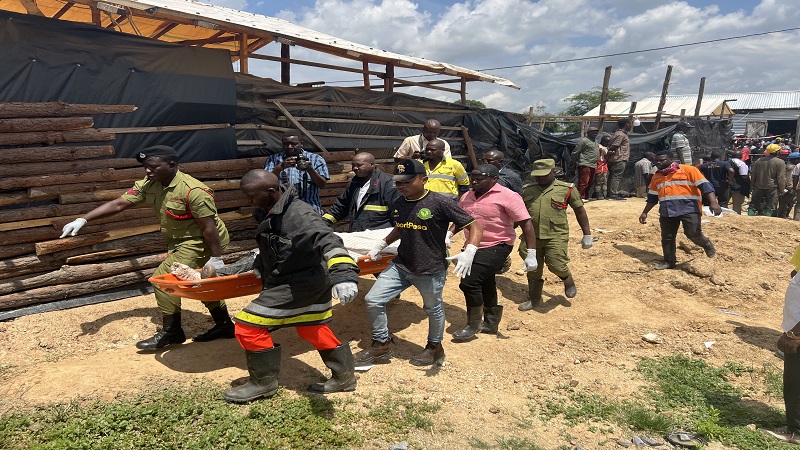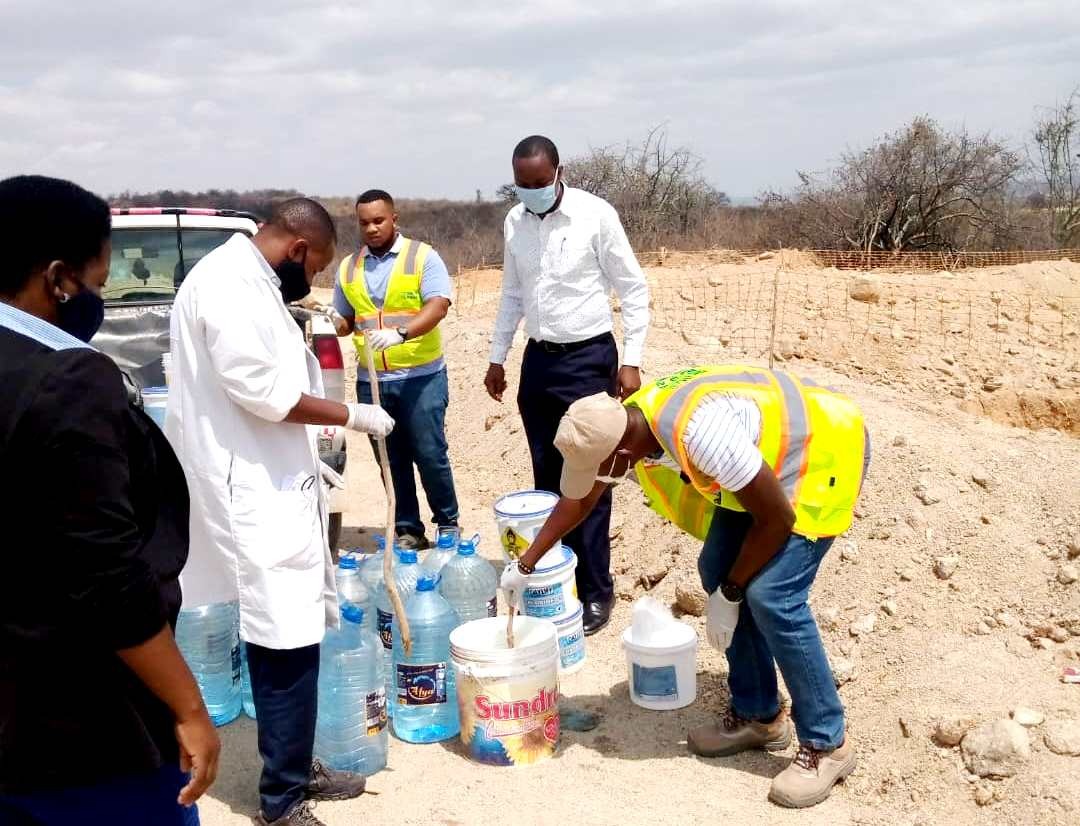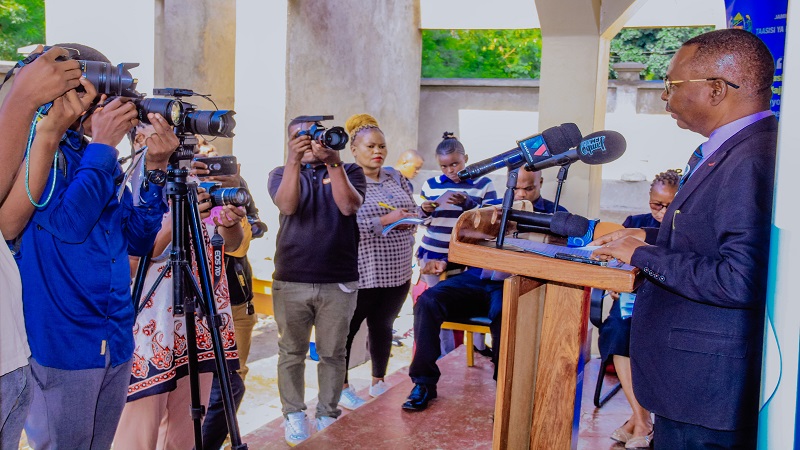Early detection key to lower cancer mortality, experts say
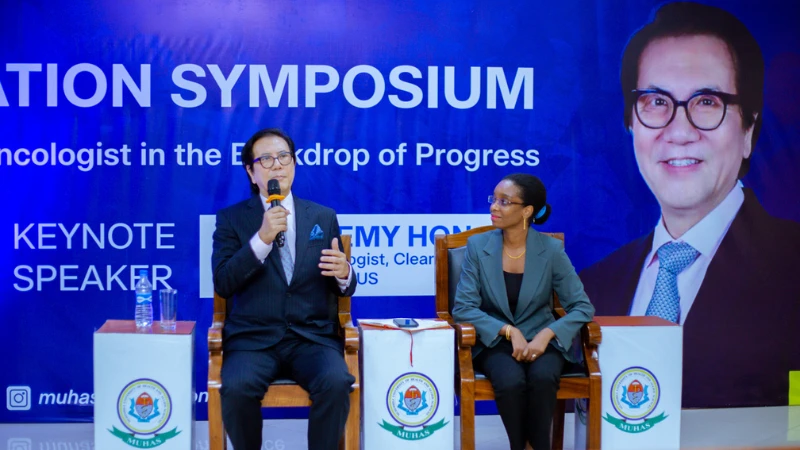
ONCOLOGISTS have stressed the critical role of early detection and prompt diagnosis in improving cancer treatment outcomes and reducing mortality rates.
Dr Chacha Mwita, an epidemiologist at the Ocean Road Cancer Institute (ORCI), made significant remarks on Monday during the 4th Muhimbili University of Health and Allied Sciences (MUHAS) symposium held in Dar es Salaam. The event, organized by MUHAS in collaboration with its Directorate of Research, Publication, and Innovation, convened experts to discuss advancements in cancer care.
Dr Mwita underscored the importance of early detection in cancer treatment, urging individuals to seek medical attention promptly if they notice unusual symptoms. He shared alarming statistics, revealing that Tanzania records approximately 44,000 new cancer cases annually, leading to about 29,000 cancer-related deaths. The most prevalent cancers in the country include cervical, prostate, breast, and colorectal cancers. At ORCI alone, 7,252 new cancer cases are diagnosed each year, with women accounting for 73 percent of patients.
Despite a temporary decline in cancer cases in 2020, Dr Mwita noted a steady increase in subsequent years. He highlighted the effectiveness of cervical cancer screening programs in reducing its incidence but raised concerns that only half of the estimated annual cancer cases in Tanzania seek medical care. Nearly 40 percent of patients face barriers to accessing treatment.
Dr Mwita attributed the rise in cancer cases to factors such as longer life expectancy, population growth, and unhealthy lifestyle choices, including smoking, poor diets, and physical inactivity. He emphasized addressing these risk factors alongside promoting early screening as crucial steps toward improving treatment outcomes. He also credited the introduction of vaccines, such as those for hepatitis, and expanded screening initiatives with reducing the prevalence of some cancers, particularly cervical cancer.
Dr Jeremy Hon, a physician oncologist at the Clearview Cancer Institute in the United States, shared insights into the evolving nature of cancer care. He emphasized the significance of compassionate care and offering hope to patients, cautioning that without these elements, healthcare providers risk doing more harm than good. Dr Hon also encouraged MUHAS to prioritize research and urged the government to negotiate with pharmaceutical companies to secure affordable cancer treatments for all patients.
MUHAS Vice Chancellor, Prof. Appolinary Kamuhabwa, echoed these sentiments, stressing the importance of soft skills in cancer care. He emphasized that providing effective treatment is not just about mastering advanced techniques but also about fostering meaningful communication and instilling hope in patients. Prof. Kamuhabwa also announced MUHAS’s plans to expand its international collaborations to enhance expertise in cancer treatment. These efforts aim to improve patient care and inspire the next generation of doctors.
Top Headlines
© 2025 IPPMEDIA.COM. ALL RIGHTS RESERVED












